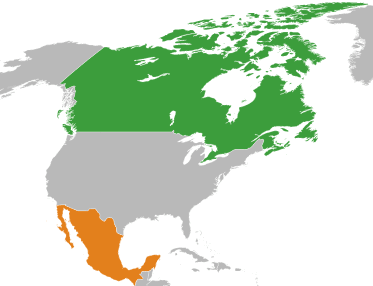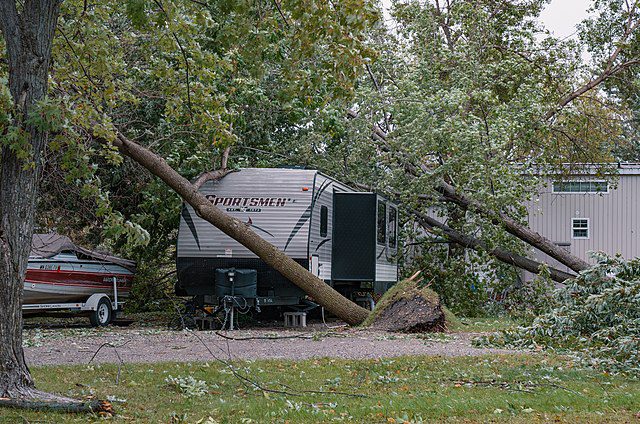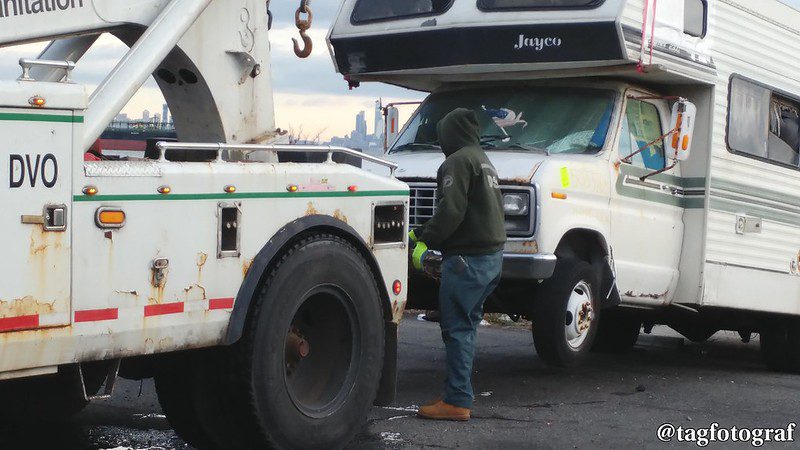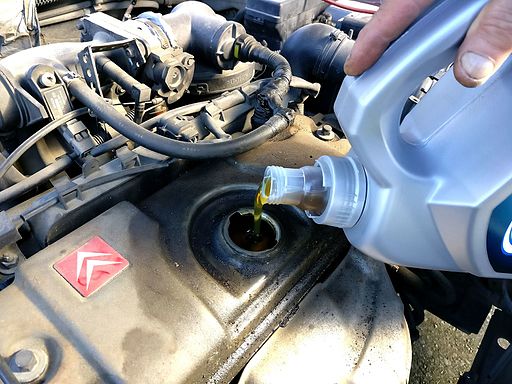Types, Costs, and Tips for First-Time Renters
Benefits of renting an RV
- Renting a camper or motorhome is a great way to experience the RV lifestyle without having to invest much cash.
- Renting also allows you to try out the different types of RVs, ensuring you find the right one for your lifestyle.
- RV rentals are often more affordable than traditional accommodations, such as hotels and motels.
- RVs offer a great deal of flexibility, as you can travel to places that are not accessible by car or train.
- RVing is a great way to connect with nature and experience the outdoors.
Types of RVs – Select the Right RV to Rent
If you don’t need a 45-foot RV, or aren’t comfortable driving one, you might consider something smaller. Below we’ll explore the different types of RVs to help you pick the best option for your needs.
Class A
Class A motorhomes are the largest RV type, which makes them a popular choice for long-term travelers and families. Usually built on a commercial truck chassis, and measuring between 30 and 45 feet, Class A RVs may be spacious, but they’re also difficult to drive if you aren’t experienced.
Class B
Class B motorhomes are usually between 16 and 21 feet long, making them a lot easier to maneuver than larger models. Regardless, many find Class B to be more than sufficient, thanks to clever features, like seats that convert to beds, toilets that swivel, or sinks that fold away.
Class C
The middle class of motorized RVs is Class C. These RVs are built on truck cutaway chassis that range in length from 20 to 38 feet, normally with a cab-over for storage and an extra bed. Many Class C motorhomes offer the same amenities as a Class A motorhome, simply on a smaller scale.
Towable RVs
Pop-up, teardrop, and travel campers are very lightweight and easy to tow by any vehicle. As a result of their compact size, they can easily be stored. Even though pop-up campers require some set-up and take-down time, camping enthusiasts shouldn’t have any problems.”
Fifth-wheel campers
These RVs require trucks with high towing capacity, they also have special hitches that won’t attach to just any truck. Just like a class A motorhome, most fifth wheels are spacious and include a full-sized kitchen with all its appliances.
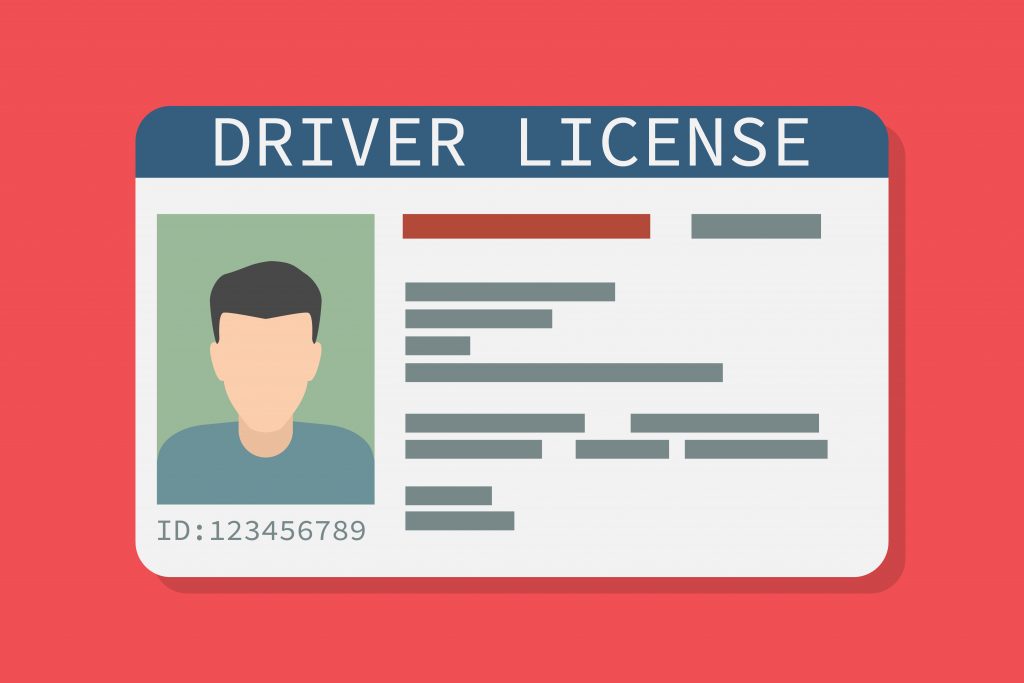
Image Credit: Depositphotos_335604326
License Requirements for RV Rental
Do license requirements vary depending on the type of RV? Surprisingly, no special license is required for these RVs. If your RV weighs less than 26000 pounds or towed vehicles under 10,000 pounds, which most are, you are good to go with just your regular driver’s license.
Do you need insurance for an RV rental?
One of the key aspects to consider when renting an RV is the insurance requirements. Yes, RV rental insurance is mandatory in every state. Some states also necessitate uninsured and under-insured motorist coverage. All states demand a minimum amount of liability insurance. This is an important part of understanding RV rental insurance requirements.
Insurance for the RV you’re renting may be available directly through the RV dealer or rental business, you even might be able to get coverage through your home or auto insurance provider.
How much does it cost to rent an RV?
The cost to rent an RV can vary based on several factors, including the season, the location of the rental, the size of the RV, and its luxury level. We’ll delve into these factors to give you a clearer understanding of what you can expect to pay
In general, pop-up camper rentals cost around $50, while large trailer rentals cost around $125 per night. For more luxurious RVs, such as a class A, expect to pay more than $275 per night, keep in mind prices will vary depending on the size and age of the RV.
Some rentals include unlimited mileage. While others may charge a fee for each mile driven over the agreed-upon limit.
Some additional fees to look out for include:
- Security deposits
- Extra amenity fees, for kitchen essentials like pots, and pans.
- Use of propane
- Dumping fees
- Insurance
The best websites to rent an RV
Outdoorsy matches you with private RV nearby owners wanting to rent out their vehicles. This is very convenient and gives customers a lot more choices.
RVshare helps you search through thousands of options in your area, including Luxury Class A, B, and C Motorhomes as well as Travel Trailers that you can rent straight from the owner.
Cruise America is a corporate rental company that owns its fleet of RVs and rents them at 121 locations across the country. Despite only offering type C RVs, Cruise America is one of the most popular RV rental companies.
El Monte RV is another rental company with locations in 27 states, they offer both class A and C RVs, as well as having a round-trip and one-way rental option.
Helpful apps while RVing
GasBuddy helps you find the lowest gas prices in the area. You can even search for specific brands or types of gas. They even have fun challenges on the app that give you a chance to win free gas.
Coverage? provides a coverage map for cellular carriers across the United States. they also integrated Speedtest.net onto the coverage map which tests the speed of your internet connection.
Free Zone is a simple application that locates all nearby free Wi-Fi networks so you can continue to access the Internet. You can even set it to give notifications whenever you are near a Wi-Fi connection you can use.
FreeRoam This app provides you with free locations you can park overnight in, also shares information on regular RV campgrounds like safety, ease of access, and how crowded they are in real-time.
What you need to know about campgrounds
Now that you rented your RV, the first thing to do is make sure that RV fits in the campsite you are headed to. Most campgrounds list the maximum size of RV they can accommodate.
Secondly, check if the campground is primitive, partial, or fully hooked up.
Primitive campsites typically don’t have water or electricity available, while partial hookup sites do.
Full hookup campsites have electricity, water, and sewer connections, some even have free Wi-Fi and cable television.
Just like hotels, the service varies from one campsite to another, and the price can change especially in the high season.
Mapping your route
Planning your RV trip from start to finish is the secret to making the most out of your RV rental.
Choose destinations on your bucket list, or maybe a festival or an event, even a hobby that can only take place in a specific place like fishing for example.
Trip duration is crucial, the actual time you spend on the road will determine the distance you can cover, this will also help you set the pace for the whole trip.
Choosing a destination after deciding all the spots you want to take your RV will help you draw your route easier knowing where the journey ends.
Now that you know the places you want to go and where the destination is, you can start putting pins down on the map.
Determining how long you will stay at a site, and how long it will take you to reach the next is key, not everyone can drive for 10 hours straight, so be sure to keep that in mind.
Avoid common RV rental mistakes
- Before you hit the road, take the time to thoroughly inspect the RV. This will help you avoid paying for any pre-existing damage and ensure a smooth journey ahead
- Practice maneuvering, backing up and parking before hitting the road most RVs can take some getting used to.
- Make reservations if you plan to stay at a campground and not in the wild, remember you’re not the only RV on the road.
- Secure everything inside your RV, you don’t want things shifting all around while you drive.
- Walk around before leaving a campsite and secure the baggage doors, stairs, and cords failing to do so can cause serious damage.
Common questions about RV rentals
- What are the different types of RVs? There are three main types of RVs: motorhomes, travel trailers, and fifth wheels. Motorhomes are self-contained vehicles that have everything you need for a comfortable stay, including a kitchen, bathroom, and sleeping quarters. Travel trailers are towed behind a car or truck, and fifth wheels are towed behind a pickup truck.
- How much does it cost to rent an RV? The cost of renting an RV varies depending on the type of RV, the length of your rental, and the time of year. In general, you can expect to pay between $100 and $500 per day for a rental RV.
- What kind of insurance do I need for an RV rental? Most RV rental companies require you to purchase liability insurance. This insurance will protect you in the event of an accident. You may also want to consider purchasing collision and comprehensive insurance, which will protect your RV in the event of a collision or other damage.
- Do I need a special license to drive an RV? In most cases, you do not need a special license to drive an RV. However, some states do require a commercial driver’s license for RVs that are over a certain weight.
Conclusion
RV life is not for everyone, but a well-planned RV vacation is hard to disappoint, it’s a great way for friends and family to bond and spend quality time together.
In general, you shouldn’t have too many issues. With all the available apps and websites, finding the perfect place and activities along the way is easier than ever.
We may earn a commission if you click a link on this page and make a purchase, at no additional cost to you. We only recommend products or services that we believe in and that we think would be of value to you.
Next Topic

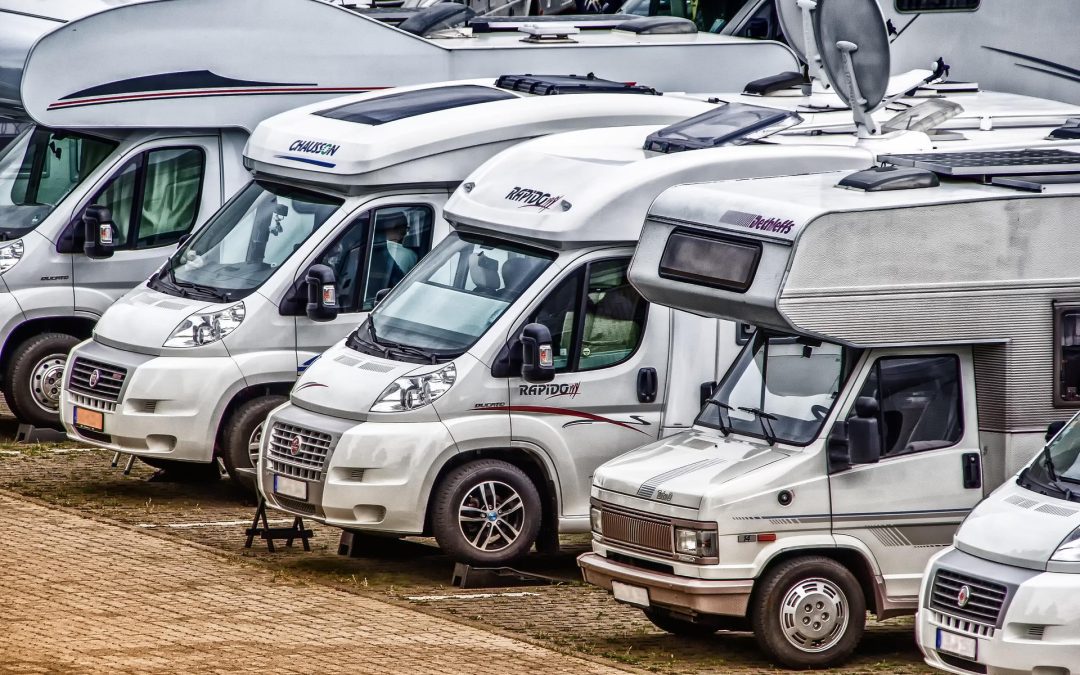
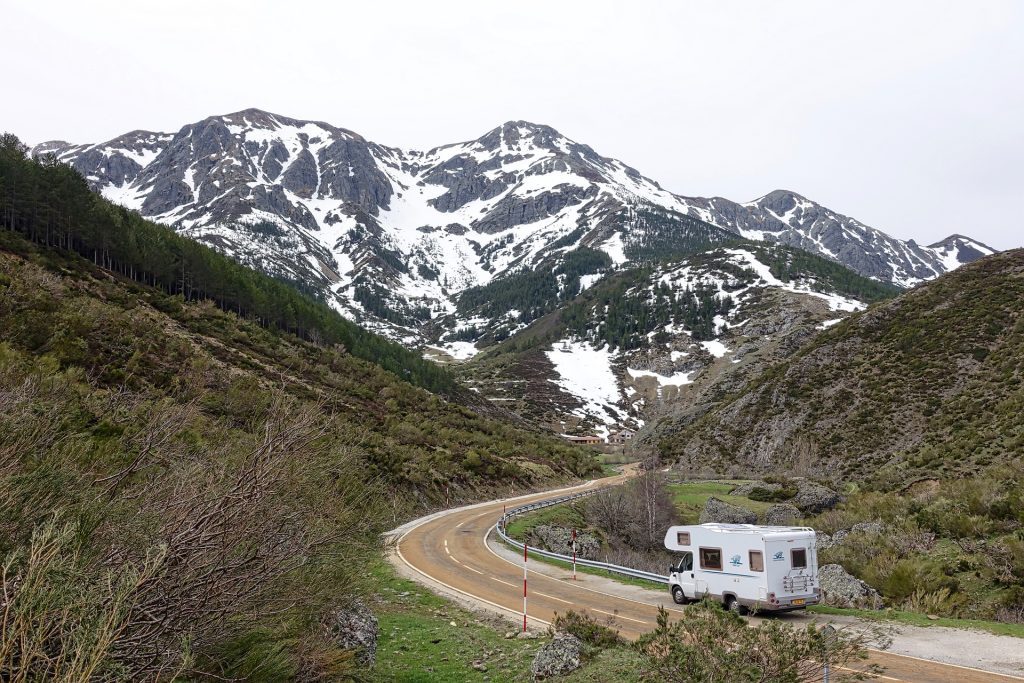
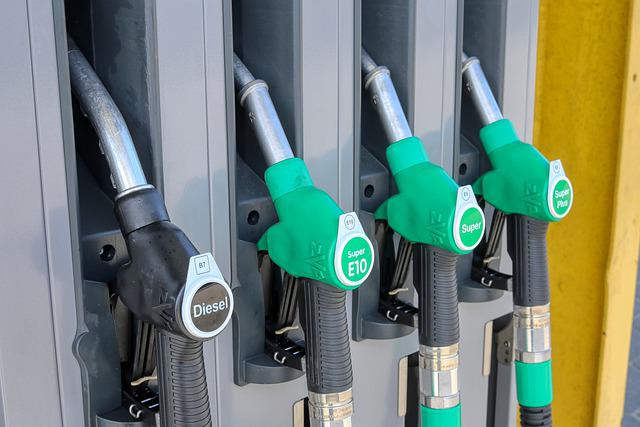 Image Credit:
Image Credit: 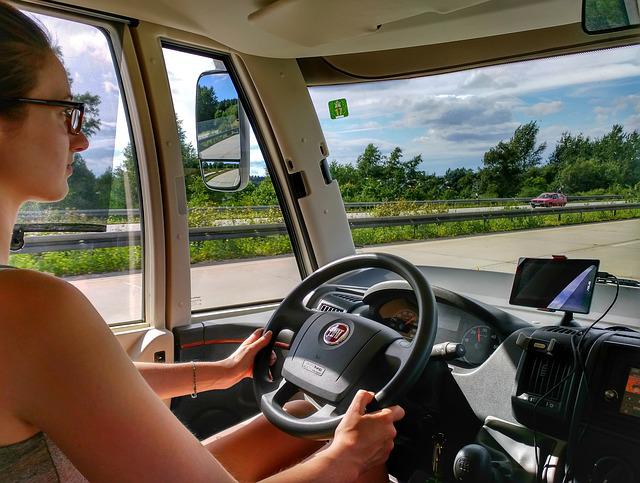
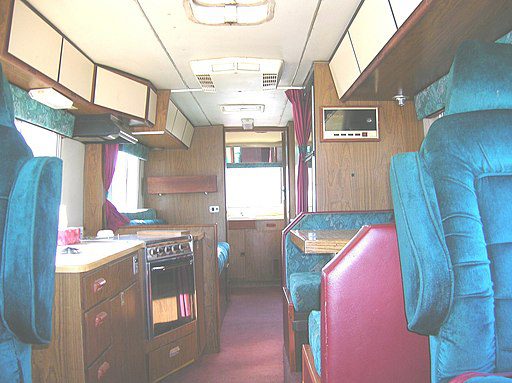
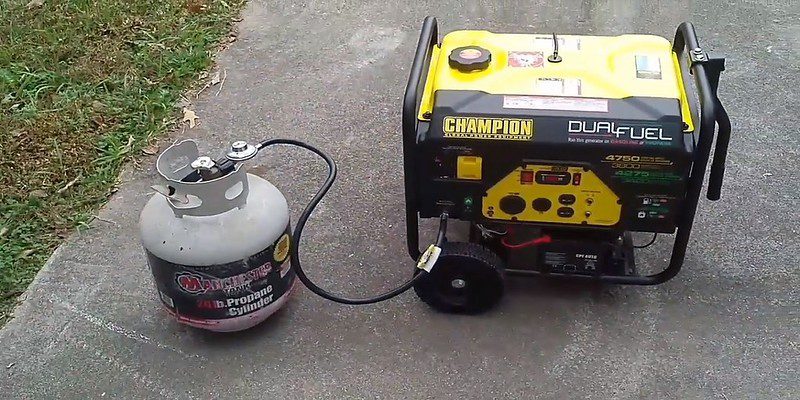
 Image Credit:
Image Credit: 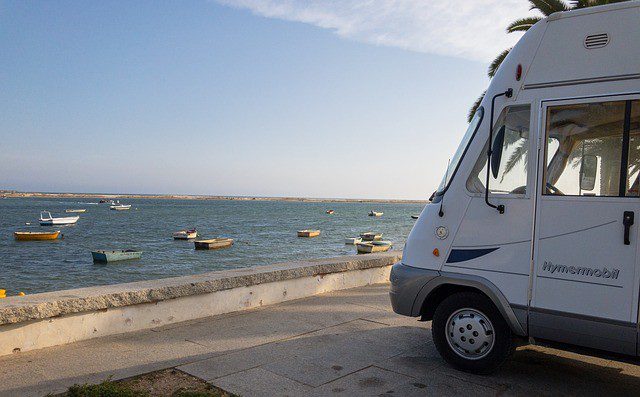
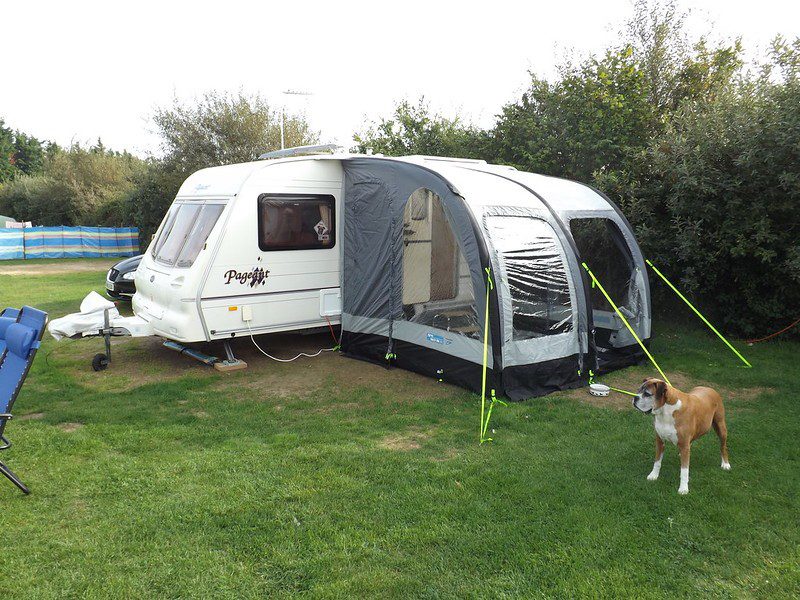 Image Credit:
Image Credit:  Image Credit:
Image Credit:  Image Credit:
Image Credit: 
 Image Credit:
Image Credit: 